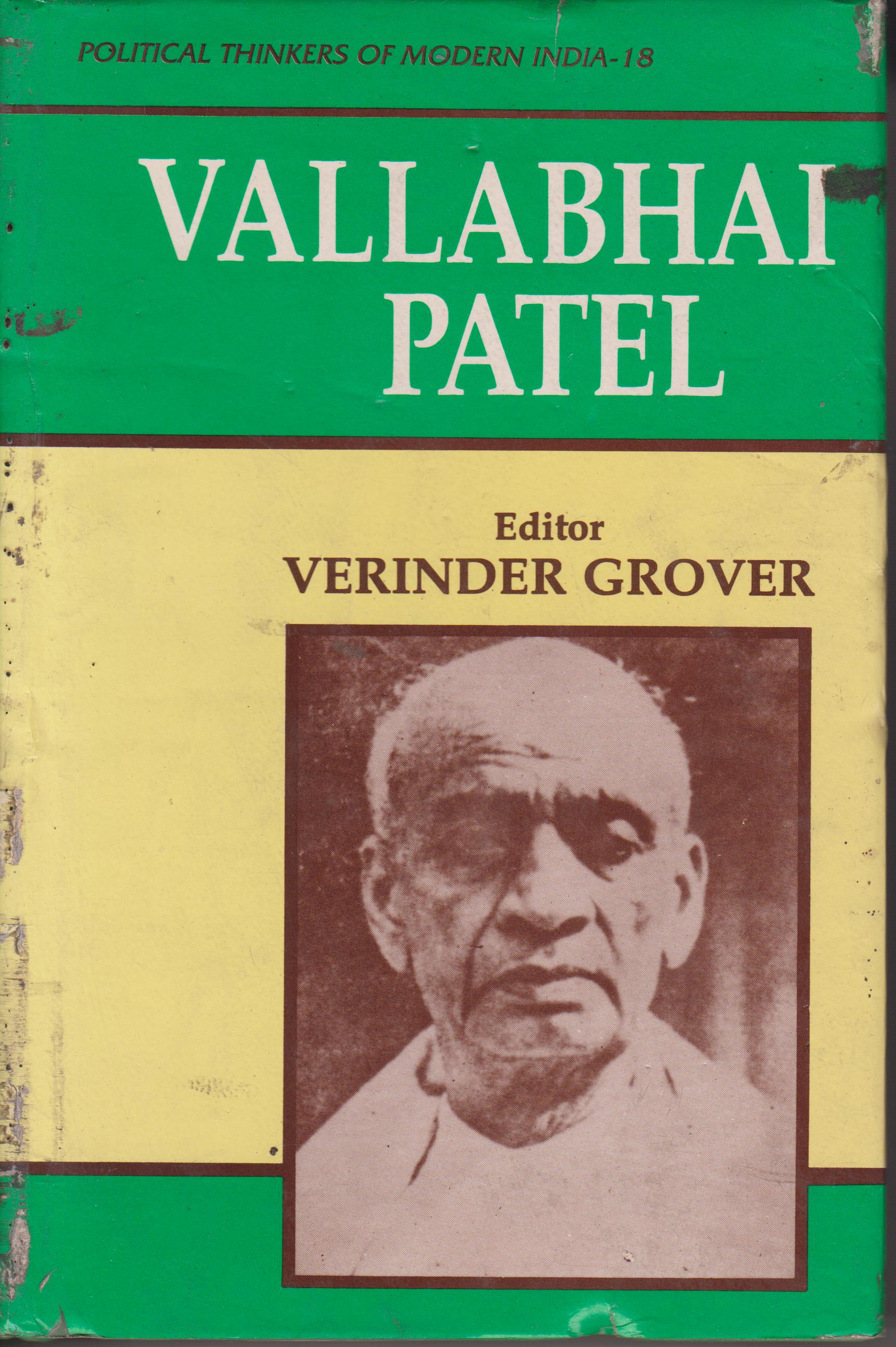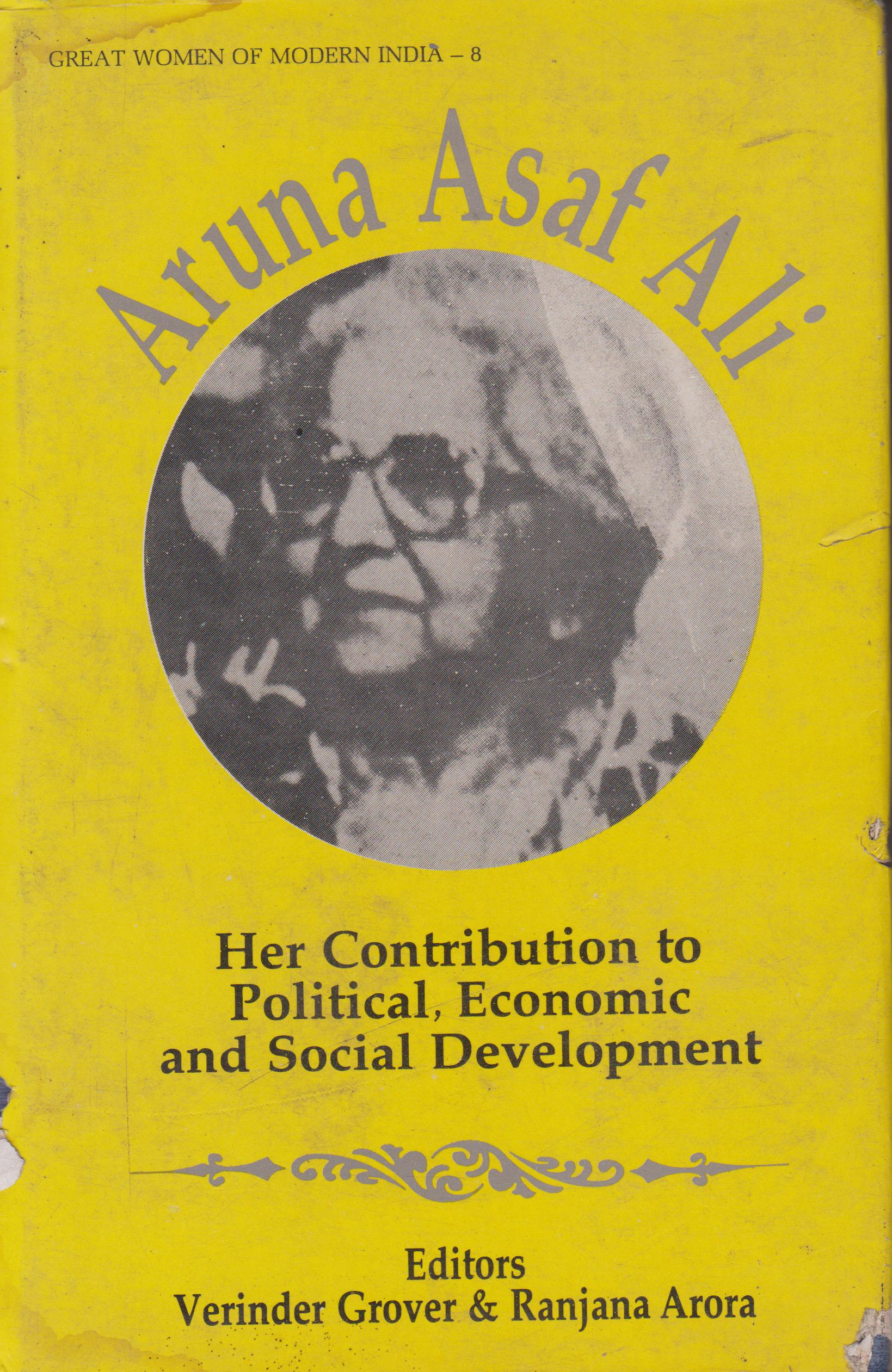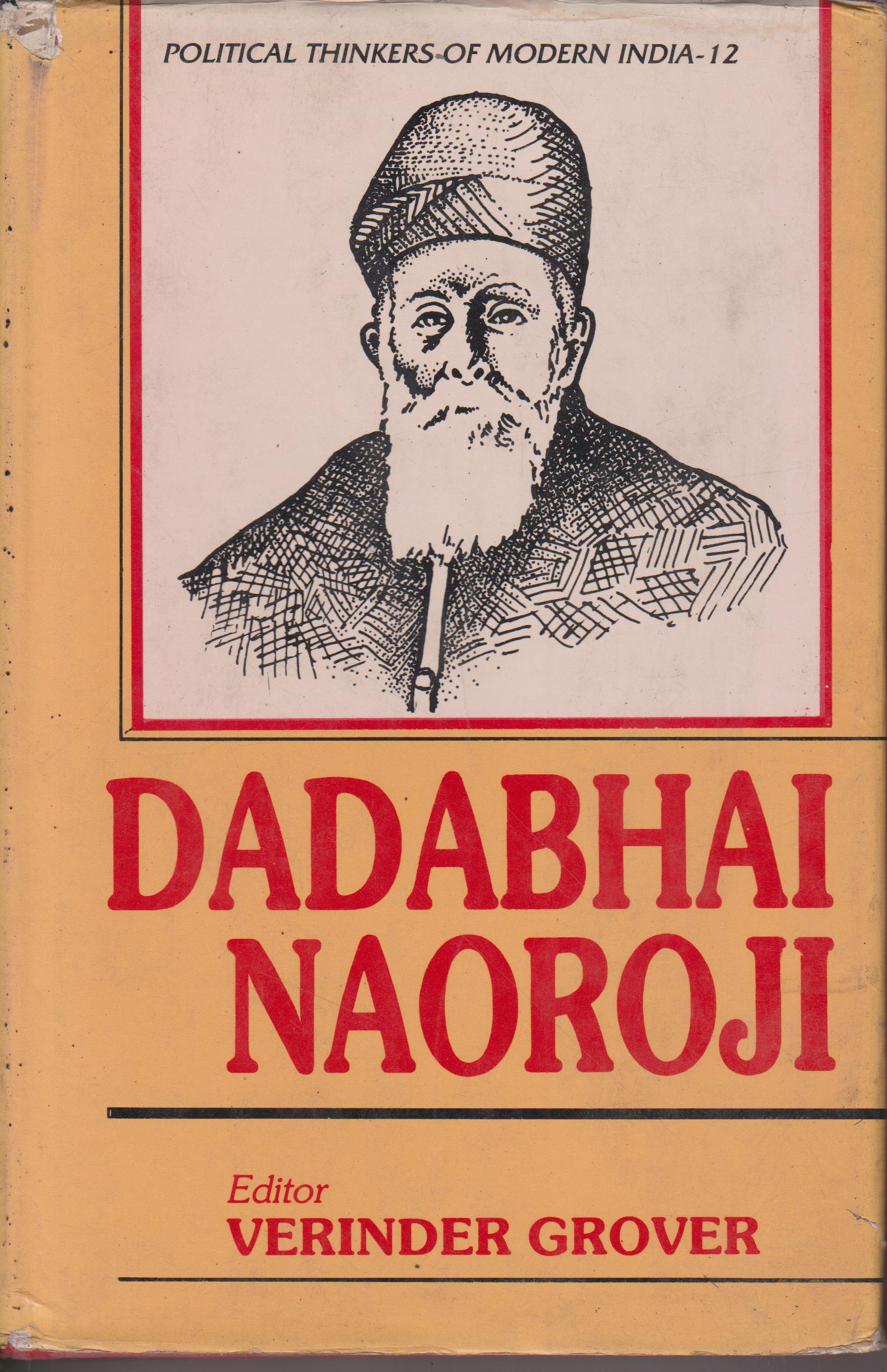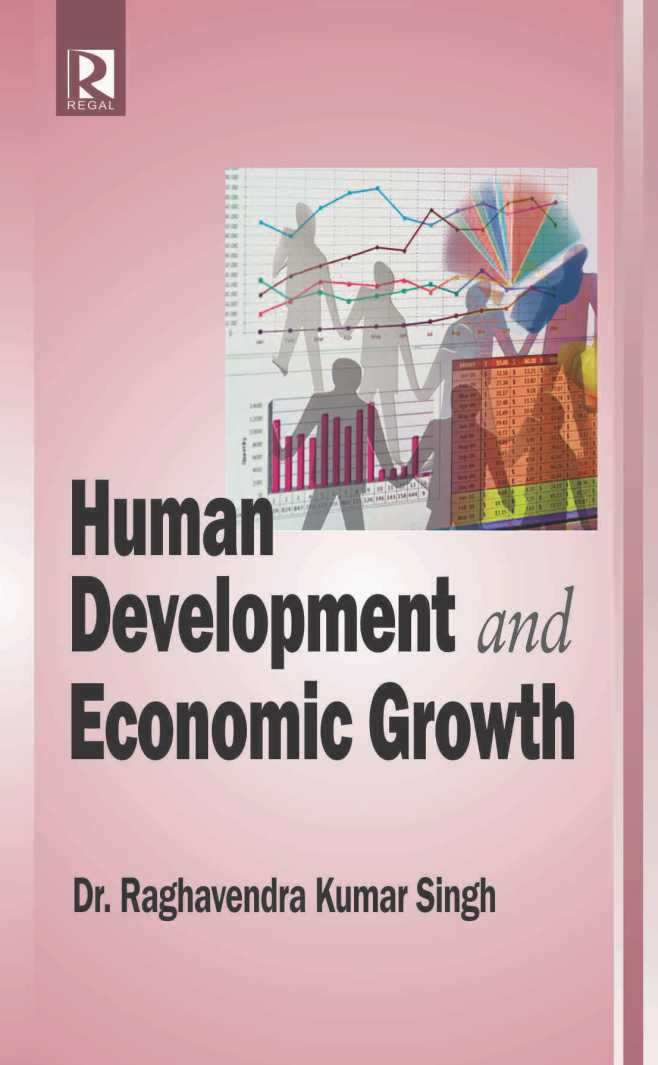Description
“Vallabhbhai Patel: Political Thinkers of Modern India” by Verinder Grover is a comprehensive biography that delves into the life and achievements of one of India’s most influential political leaders, Vallabhbhai Patel. In this meticulously researched book, Grover takes us on a journey through Patel’s remarkable life, from his humble beginnings in Gujarat to his pivotal role in the struggle for Indian independence and his subsequent contributions as the country’s first Deputy Prime Minister and Minister of Home Affairs. The book explores Patel’s political career, his vision for a united India, and his instrumental role in integrating over 500 princely states into the newly formed nation. With its engaging narrative and insightful analysis, “Vallabhbhai Patel” presents a compelling portrait of a statesman whose contributions continue to shape India’s political landscape to this day.
In “Vallabhbhai Patel,” Verinder Grover provides readers with a comprehensive account of Patel’s life and political career. The book begins by delving into his early years, tracing his upbringing in Gujarat and his early involvement in India’s freedom struggle. Grover skillfully highlights the key events and influences that shaped Patel’s worldview, including his exposure to Mahatma Gandhi’s teachings and his deep commitment to principles of non-violence and civil disobedience.
As the narrative progresses, Grover delves into Patel’s role as an influential leader in the Indian National Congress and his instrumental contributions to the fight for independence. The book vividly captures the pivotal moments of India’s struggle, including Patel’s involvement in the Salt March, his imprisonment during the Quit India Movement, and his tireless efforts in organizing mass protests against British colonial rule.
The biography also explores Patel’s extraordinary achievements as India’s first Deputy Prime Minister and Minister of Home Affairs. Grover provides a detailed account of Patel’s efforts to unify the country after independence, focusing on the successful integration of over 500 princely states. The author sheds light on Patel’s firm determination, negotiation skills, and his ability to forge alliances to create a united India. Through meticulous research and engaging storytelling, Grover presents readers with a comprehensive understanding of Patel’s remarkable contributions to nation-building.
Grover’s “Vallabhbhai Patel” is an impressive historical scholarship work. The author’s meticulous research is evident throughout the book, as he draws from a wide range of primary and secondary sources to provide a comprehensive and nuanced account of Patel’s life. Grover’s ability to sift through vast amounts of historical material and distil the key events and developments is commendable, making the book an invaluable resource for scholars, researchers, and anyone interested in the life of Vallabhbhai Patel.
One of the book’s strengths lies in its balanced portrayal of Patel’s character and achievements. Grover presents Patel as a visionary leader, emphasizing his steadfast determination, pragmatism, and unwavering commitment to the welfare of the Indian people. The author also provides insights into Patel’s leadership style, highlighting his ability to build consensus, maintain discipline, and effectively navigate complex political landscapes. By examining both Patel’s successes and challenges, Grover presents a nuanced and realistic portrayal of this iconic figure.
Moreover, Grover’s analysis of the political and historical context adds depth and richness to the narrative. The author skillfully weaves together socio-political factors, such as the impact of British colonial rule, communal tensions, and regional divisions, to offer readers a broader understanding of the challenges faced by Patel and the nation. This contextual approach helps to situate Patel’s decisions and actions within a larger framework, enabling readers to appreciate the complexities of his political journey.
In comparison to other biographies on Vallabhbhai Patel, Grover’s work stands out for its comprehensiveness and attention to detail. While some biographies may focus solely on Patel’s role in the freedom struggle or his political achievements post-independence, Grover provides a holistic account that covers all aspects of his life. From his early years to his rise as a national leader and his crucial role in shaping India’s post-independence policies, the book leaves no stone unturned in its exploration of Patel’s contributions.
Another notable aspect of Grover’s biography is its engaging narrative style. The author’s prose is accessible and reader-friendly, making it suitable for a wide range of audiences. Grover skillfully blends historical facts with storytelling techniques, allowing readers to immerse themselves in Patel’s journey. The book strikes a fine balance between scholarly rigour and readability, making it a valuable resource for both academic and general readers.
“Vallabhbhai Patel” explores several themes that are central to understanding Patel’s life and legacy. One of the key themes is the idea of unity and nation-building. Grover emphasizes Patel’s unwavering commitment to creating a united India, highlighting his efforts to integrate the princely states and forge a strong sense of national identity. The biography underscores Patel’s vision of India as a diverse yet cohesive nation, emphasizing the importance of unity in the face of communal tensions and regional divisions.
Another theme that emerges is the significance of leadership and negotiation skills. Through Patel’s story, Grover showcases the qualities of a successful leader—strength, perseverance, and the ability to make tough decisions. The book provides valuable insights into Patel’s leadership style and his knack for negotiation, highlighting how these skills were instrumental in navigating the challenges of post-independence India.
About the Author:
Verinder Grover, the author of “Vallabhbhai Patel,” is a renowned historian and researcher. With several notable works on Indian history to his credit, Grover brings his expertise and passion for the subject to this biography. Known for his meticulous research and attention to detail, Grover has established himself as a trusted authority on Indian politics and the freedom struggle. His ability to synthesize vast amounts of information and present it coherently and engagingly is evident in “Vallabhbhai Patel.”
Grover’s writing style in “Vallabhbhai Patel” is a perfect blend of scholarly rigor and engaging storytelling. The author’s prose is accessible, making the book approachable for readers with various levels of familiarity with the subject matter. Grover’s skill in narrating historical events and his ability to connect them to the larger political and social context makes the biography a compelling read. The book is well-structured, with a clear chronology of events and chapters that flow seamlessly from one topic to another.
“Vallabhbhai Patel” by Verinder Grover is a commendable biography that offers a comprehensive and engaging account of Patel’s life and contributions. Grover’s meticulous research, balanced portrayal of the protagonist, and contextual analysis make the book an invaluable resource for those interested in Indian history, politics, and the freedom struggle. Despite its length and level of detail, the biography succeeds in presenting a vivid and nuanced portrait of Vallabhbhai Patel, shedding light on his remarkable journey as a leader, nation-builder, and visionary.
What People Say About This Book:
“Vallabhbhai Patel” by Verinder Grover has received widespread acclaim from readers and critics alike. The book has been lauded for its meticulous research, comprehensive coverage, and engaging narrative. Readers appreciate Grover’s ability to bring Patel’s story to life, allowing them to connect with the protagonist on a deeper level. The book has been commended for shedding light on lesser-known aspects of Patel’s life and providing valuable insights into his contributions to Indian nationhood.
Many reviewers have also praised Grover’s contextual approach, noting that the book not only provides a biography of Patel but also offers a broader understanding of the socio-political factors that influenced his decisions. The author’s nuanced analysis of the challenges faced by Patel and the nation adds depth to the narrative and enriches readers’ understanding of the historical context.
One of the notable strengths of “Vallabhbhai Patel” is its comprehensive coverage of Patel’s life and achievements. The book leaves no aspect unexplored, providing readers with a thorough understanding of the man behind the political icon. Grover’s meticulous research and engaging writing style make the biography accessible and enjoyable for a wide range of readers.








Reviews
There are no reviews yet.